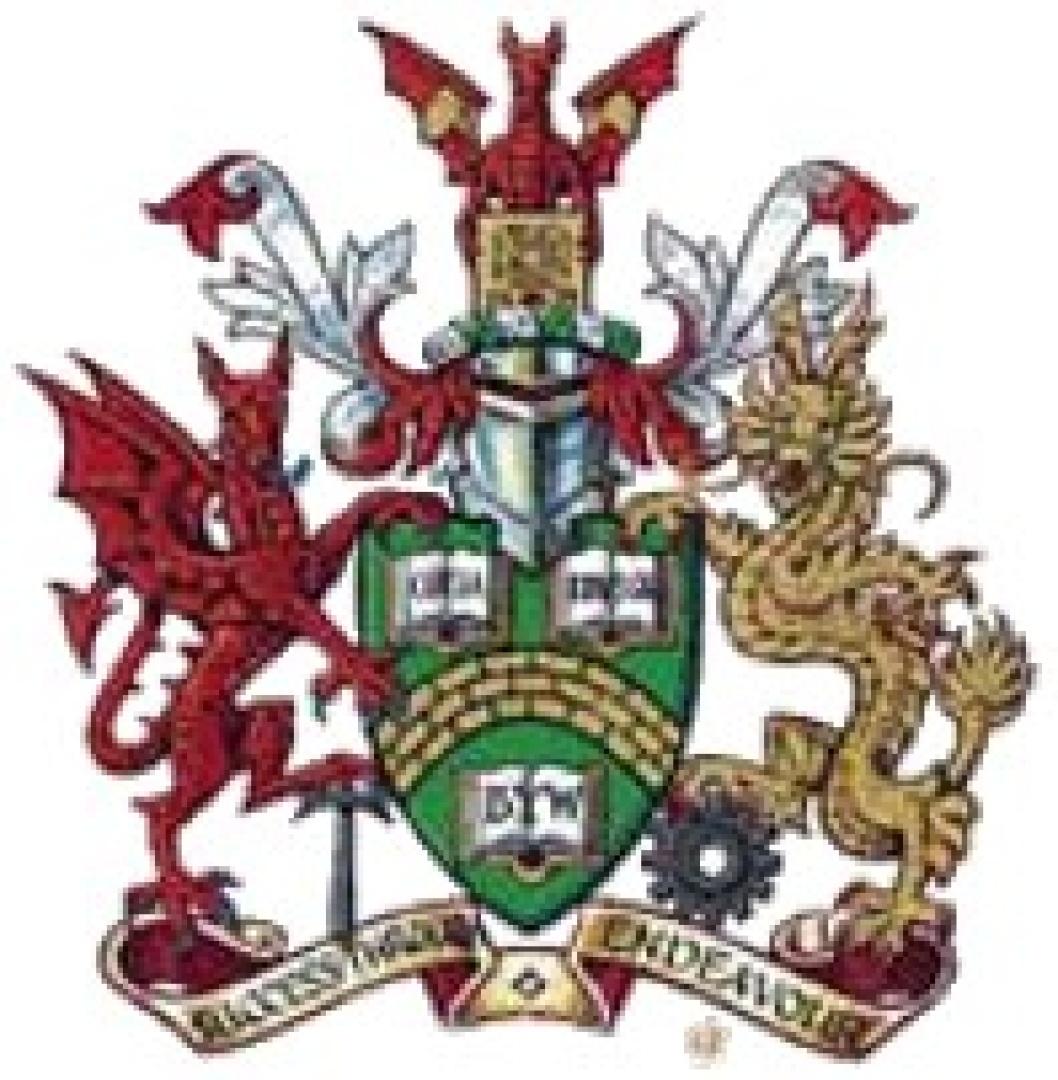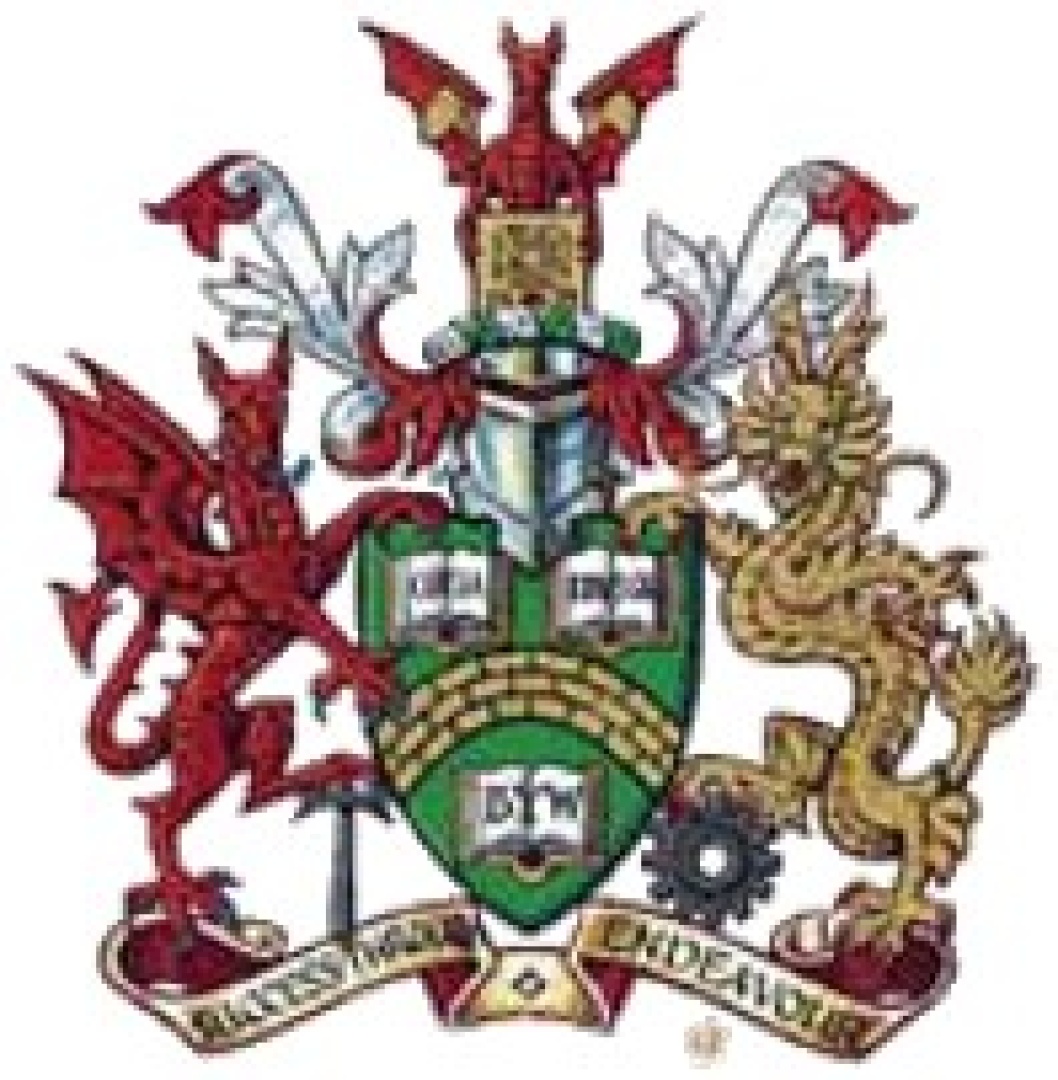About the Courses
As a student of USW, you’ll have access to lots of free resources to support your study and learning, such as textbooks, publications, online journals, laptops, and plenty of remote-access resources. Whilst in most cases these resources are more than sufficient in supporting you with completing your course, additional costs, both obligatory and optional, may be required or requested for the likes of travel, memberships, experience days, stationery, printing, or equipment.
As a student of USW, you’ll have access to lots of free resources to support your study and learning, such as textbooks, publications, online journals, laptops, and plenty of remote-access resources. Whilst in most cases these resources are more than sufficient in supporting you with completing your course, additional costs, both obligatory and optional, may be required or requested for the likes of travel, memberships, experience days, stationery, printing, or equipment.
Modules
Year 1
The Climate System
The module will introduce climate change. To understand it you will first consider the climate system and the Earth’s systems that affect atmospheric and climate processes, including atmospheric composition, circulation and weather systems. You will also study other areas that feed into the climate system, including the oceans, productivity in ecosystems and important geochemical cycles including the carbon cycle.
Resources and Materials
This will introduce you to our key natural resources, their use, extraction, sustainability, re-use/recycling, disposal and the concepts of a circular economy. It will include water resources, soil, construction materials, minerals and metals. It will consider the measurement of soil health and sustainable agriculture. It will also introduce material science, product design, reuse, recycling and separation technologies along with disposal and management.
Principles of Ecology
You will study population and community ecology, including population dynamics, strategies and habitat structure. The module will consider food webs, energy flow, biogeochemical cycles, trophic levels and pollution pressures, along with ecological successions, habitats, niches, microclimates and phenology. There will also be field and laboratory work, introducing practical identification skills.
Impacts on Environment
In this module you will study human activity impacts on natural systems (land, sea, air) and biota in the past, present and future. This will include landscape change, extinctions, large-scale resource extraction and exploitation. It will consider pollutants and contamination, including water pollution and microplastics, along with impacts on human health
The Sustainable Society
You will consider concepts of sustainable development and the challenges of integrating environmental, social and economic interests. This will include political ideologies and the way this has underpinned recent government thinking towards the economy, environment and society. Institutions, agencies, organisations and policies responsible for the delivery of sustainable development are considered from the global to the local scale.
Environmental Skills Development
This module will develop your skills and experience in environment science in the field. It will involve multidisciplinary environmental site assessment and environmental impact assessments, developed as project work. This will develop your research and communication skills, allowing you to consider data generation and research methodologies. You will also be introduced to Geographical Information Systems to generate and visualise spatial data, and to consider locational data including using Global Positioning Systems.


